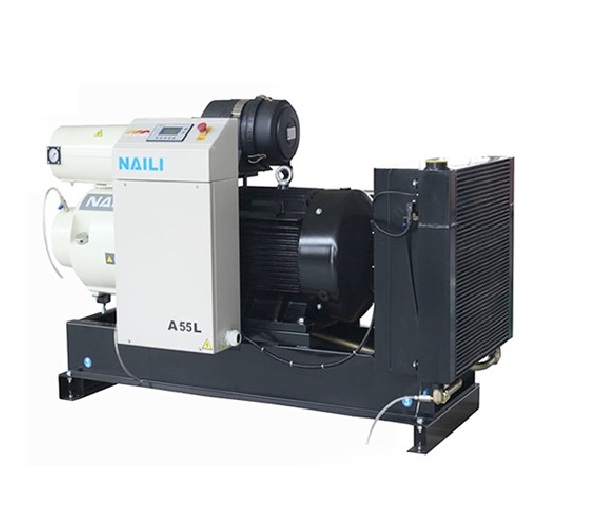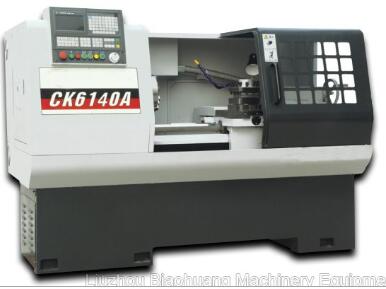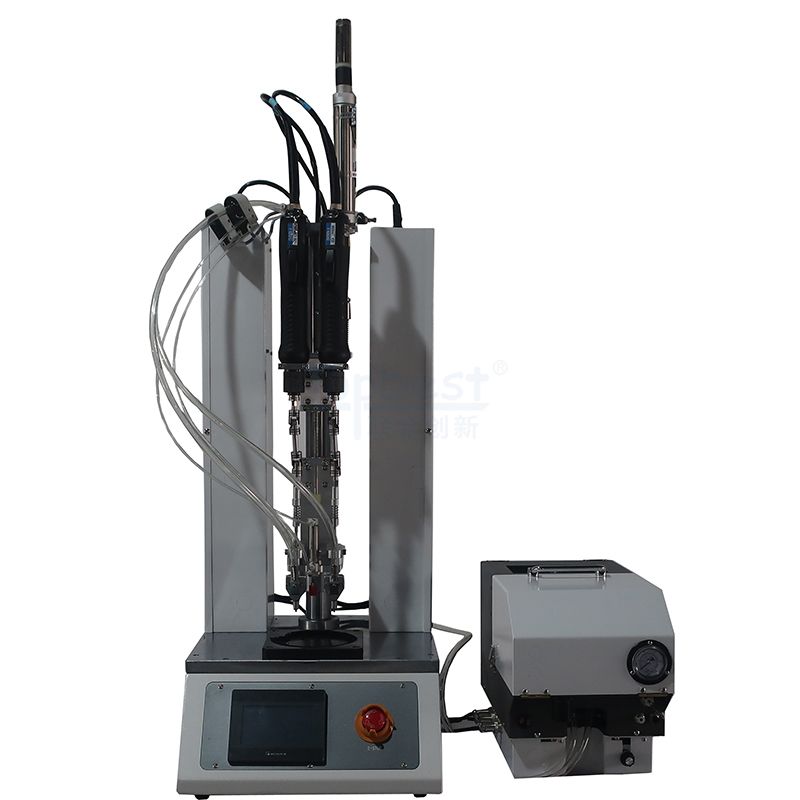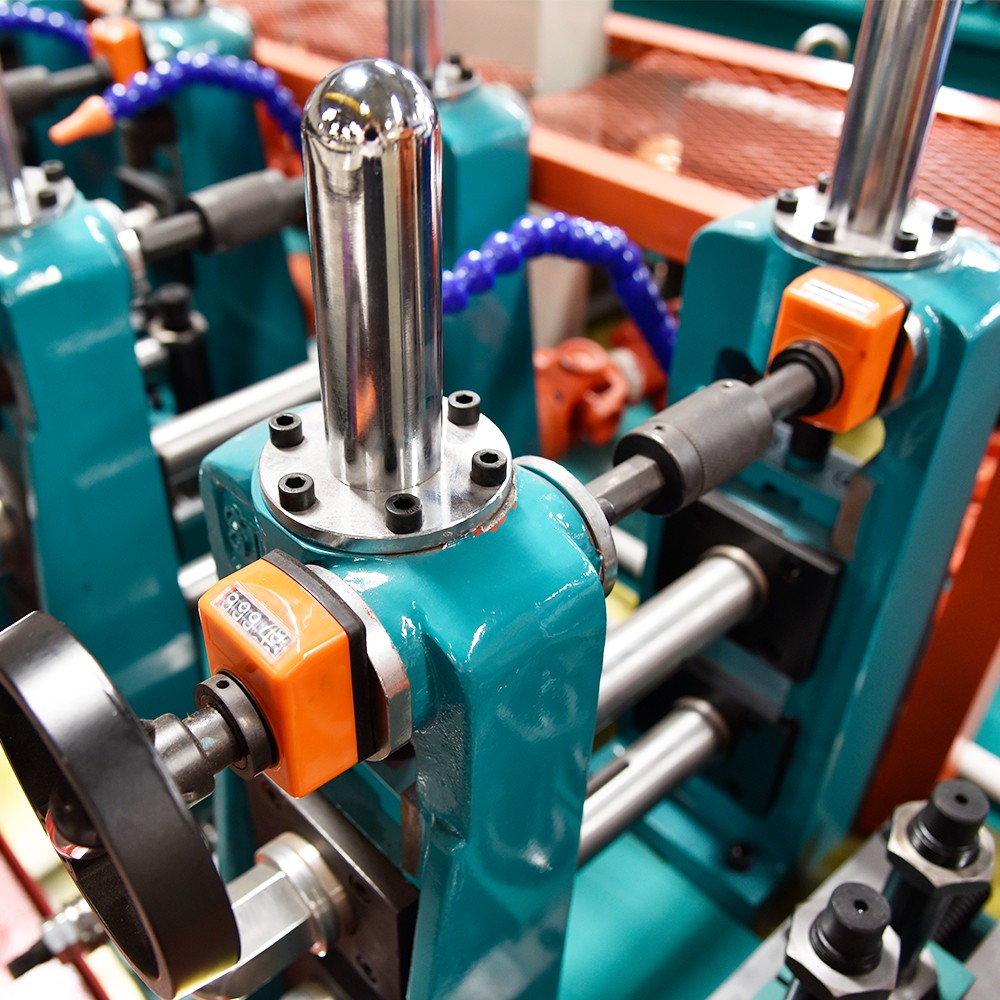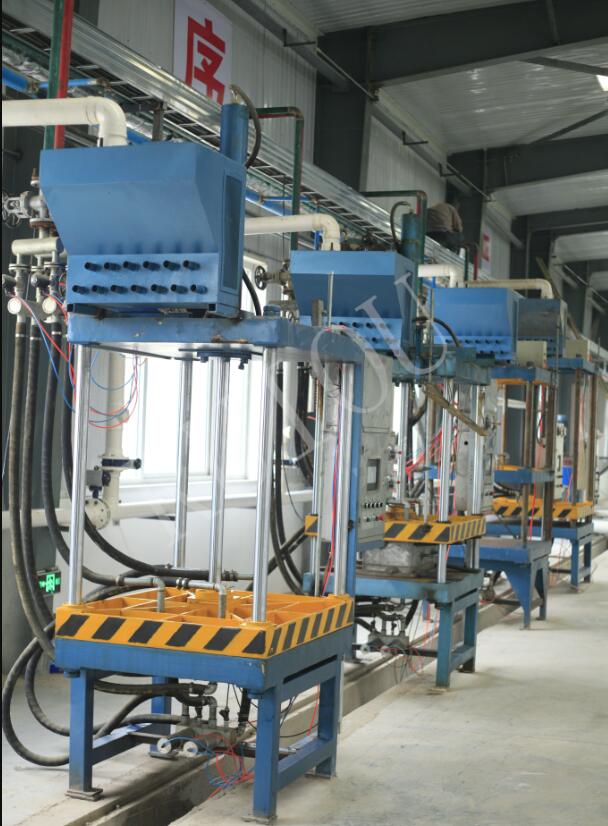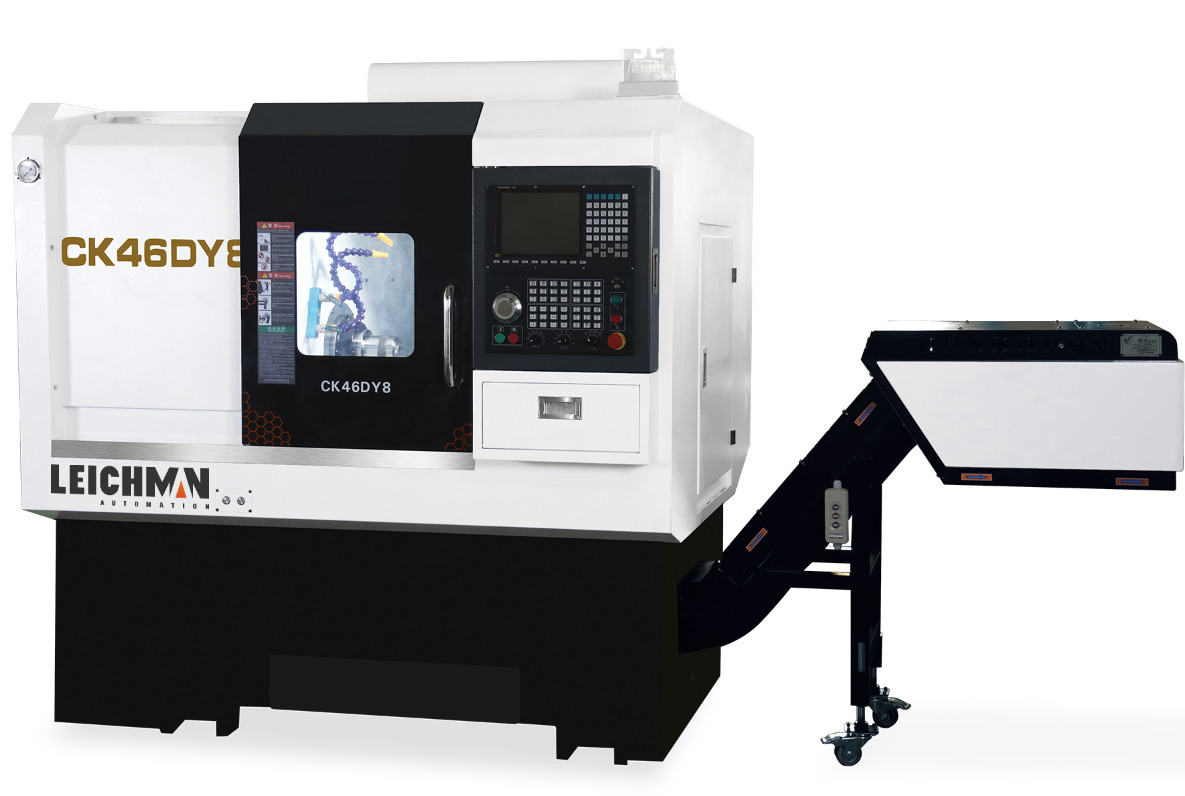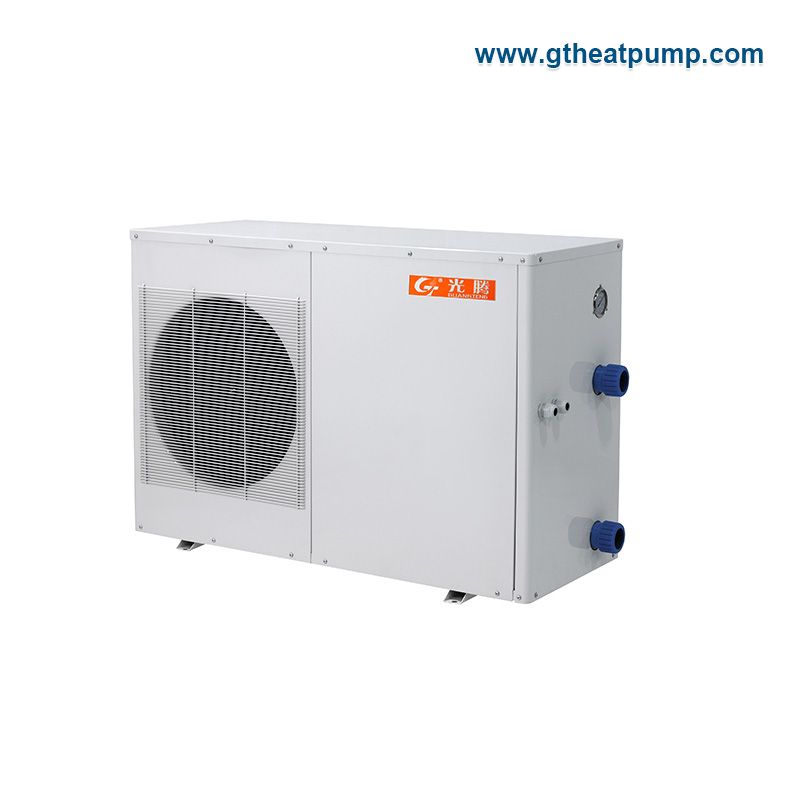How to Choose the Perfect Rig Trailer?
For more information, please visit JCDRILL.
Choosing the right rig trailer is more than just picking a model off the lot; it’s a significant investment that demands careful consideration. Understanding your specific needs, the type of cargo you’ll be hauling, and the terrain you’ll navigate can make the difference between a reliable workhorse and a regrettable misstep. If you're on the hunt for the perfect rig trailer, here are key factors to consider before making your purchase.
Understanding Your Needs
The first step in selecting the right rig trailer is comprehending your requirements. Are you hauling construction materials, recreational vehicles, or heavy machinery? Each application comes with its own set of challenges, so meticulously assess the nature of your load. For instance, if you frequently transport heavy machinery, a lowboy or heavy-duty flatbed trailer might be necessary. Conversely, if you’re an avid outdoorsman or a contractor requiring multiple trailers, an all-purpose utility trailer could suffice.
Weight Capacity and Size
Every trailer comes with a maximum weight limit, often denoted as Gross Vehicle Weight Rating (GVWR). It’s essential to select a trailer that can comfortably carry your heaviest loads without risking structural integrity. Overloading your trailer can lead to severe safety hazards, increased wear and tear, and might even void warranties.
In addition to weight capacity, consider the trailer's size. Does it fit well with your vehicle? Ensure your truck or SUV is compatible with your choice, taking into account towing capacity and hitch configuration. A mismatched pairing can be both frustrating and dangerous.
Construction Quality and Materials
The durability of a rig trailer largely depends on its construction and materials. Look for trailers made from high-quality steel or aluminum. While steel trailers are typically more robust, aluminum options offer a lightweight alternative that can improve fuel efficiency and towing ease. Inspect the welds, bearings, and frame; well-constructed trailers exhibit smooth welding and strong support structures.
Don’t overlook the finish as well. Protective coatings or rust-resistant materials can extend the life of your trailer, especially if it’s exposed to harsh weather conditions. A little bit of research into manufacturers and their processes can go a long way in ensuring you get a quality trailer.
Terrain Considerations
Will you primarily be using your trailer on highways, rough backroads, or construction sites? This factor is crucial when selecting the type of trailer you need. For rugged terrains, you may require a trailer with higher ground clearance, stronger tires, and a more robust suspension system. Additionally, consider features like brakes—electric or hydraulic brakes can provide an extra layer of safety, especially when navigating hills or uneven surfaces.
Recommended article:How Does a Pop-Up Camper Work?
Features and Customization Options
Understanding the Basics of CNC Lathe Machines: Operation and Applications
Enhancing Efficiency and Precision: The Advantages of CNC Pipe Threading Lathes
Understanding the Pricing Factors of Portable Pipe Cutting Machines
Unlocking Precision and Efficiency: How Fiber Laser Cutting Machines Work
Air-Cooled Screw Condensing Units
What Is an Excavator Vs Backhoe?
Modern trailers come with a plethora of features designed to optimize efficiency and safety. Look for essential attributes such as built-in tie-down points, integrated ramps, and adjustable features that can accommodate various loads. If you plan on using your trailer frequently, investing in additional amenities like toolboxes, weather-resistant covers, or storage compartments can enhance your overall experience.
Customization can also be beneficial. Some manufacturers allow you to tailor your trailer to your specific needs, whether that's adjusting the height, length, or upgrading materials. This tailored approach can improve the functionality and efficiency of your trailer.
Budget Considerations
Your budget will naturally play a significant role in your final choice. High-quality trailers come at various price points, and while it's tempting to opt for the cheapest option, long-term durability and performance should outweigh initial cost savings. Knowing that investing a little more upfront can save extensive repair or replacement costs down the line could preserve both your wallet and your peace of mind.
Explore financing options as well. Many dealers offer payment plans or leasing options, which could make a higher-quality trailer more accessible. Always assess the total cost of ownership, including maintenance, insurance, and potential resale value.
Reputation and Reviews
Before making your final decision, do your homework on the manufacturer or dealer. Look for brands with a solid reputation and positive customer feedback. A quick online search can yield countless reviews that offer valuable insights into product performance and customer service experiences. Don’t hesitate to reach out to other trailer owners or experts in forums and discussion groups. Their firsthand experiences can guide you towards making an informed choice.
Final Thoughts
In summary, finding the ideal rig trailer boils down to understanding your specific needs and preferences. By considering factors such as weight capacity, construction quality, terrain, features, budget, and the reputation of the manufacturer, you’re setting yourself up for a successful purchasing experience. With the right trailer, you’ll enhance your hauling capabilities, making every transportation job smoother and safer.
Click here to get more.
For more information, please visit rigs trailer.
Recommended article:Plasma Cutter Safety: Best Practices and Tips for Safe Operation
Factors to Consider for Efficient Double Head CNC Lathe Operations
Understanding the Lithium Battery Module Pack Assembly Line
What are Metal Shredders and How Do They Work?
Do you know the advantages of lintel making machine
What does a bucking unit do?
How to Choose the Right Rolling Machine?


